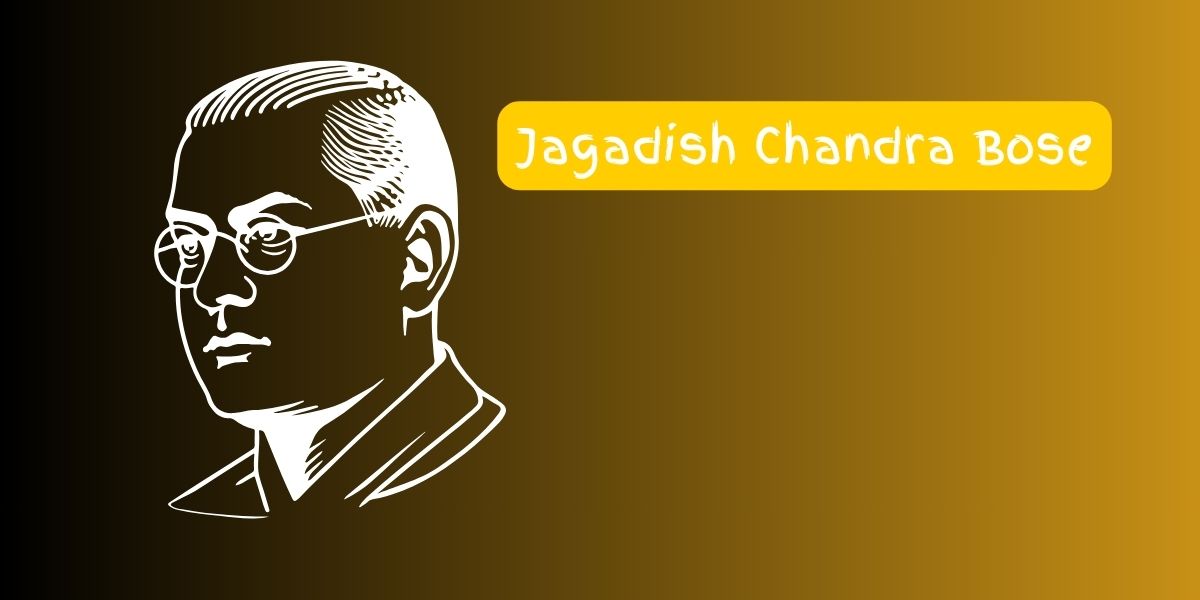Jagadish Chandra Bose was an Indian physicist, biologist, botanist, and inventor known for his pioneering work in the fields of plant physiology and electromagnetic waves. Born on November 30, 1858, in Mymensingh, Bengal Presidency (now in Bangladesh), Bose made significant contributions to science and technology during the late 19th and early 20th centuries.
Here is an overview of Jagadish Chandra Bose’s story and his notable inventions:
- Early Life and Education:
- Jagadish Chandra Bose was born into a Bengali Hindu family and received his early education in Bengal.
- He went to England to pursue higher studies and earned a Bachelor of Arts degree from Christ’s College, Cambridge, in 1884.
- Bose continued his studies at the University of London, where he obtained a Bachelor of Science degree in 1884 and a Doctor of Science degree in 1896.
- Contributions to Science:
- Plant Physiology: Bose conducted groundbreaking research on the physiology of plants, demonstrating that plants also have fundamental physiological responses to various stimuli, including light, heat, and mechanical stimulation.
- He invented various instruments, including the crescograph, which measured plant growth and response to external stimuli with remarkable precision.
- Work in Electromagnetic Waves:
- Bose conducted pioneering experiments in the transmission and reception of electromagnetic waves, laying the groundwork for the development of wireless communication.
- In 1895, he presented his research on the “propagation of electric waves” before the Royal Society of London, where he demonstrated the transmission of electromagnetic waves over a short distance.
- Inventions and Discoveries:
- Iron-Mercury Coherer: Bose developed a sensitive radio receiver called the iron-mercury coherer, which could detect radio waves and was an early precursor to modern radio technology.
- Microwave Research: Bose conducted experiments with microwaves and made significant contributions to the understanding of their properties and behavior.
- He also invented the first microwave semiconductor device, known as the “Bose’s Diode,” which paved the way for modern microwave communication technology.
- Legacy:
- Jagadish Chandra Bose’s work laid the foundation for various scientific disciplines, including plant biology, biophysics, and radio technology.
- He was a pioneer in bridging the gap between traditional Indian wisdom and modern scientific knowledge, emphasizing the interconnectedness of all living beings and the importance of scientific inquiry.
- Bose’s contributions to science and technology have earned him recognition as one of India’s most celebrated scientists and innovators.
Jagadish Chandra Bose’s legacy continues to inspire scientists and researchers around the world, and his inventions have had a profound impact on our understanding of the natural world and the development of modern communication technology.


No responses yet